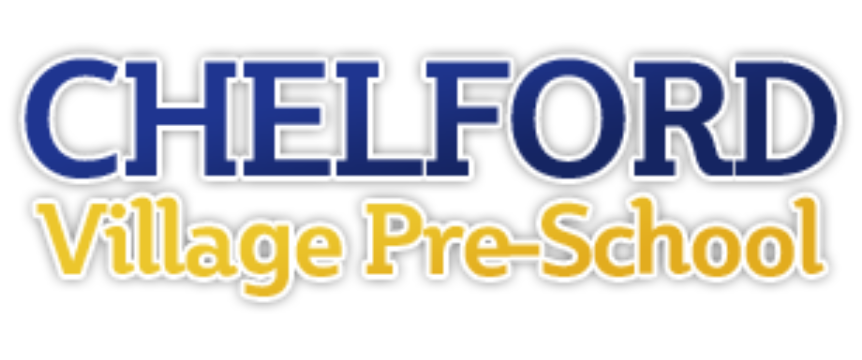Our Teaching
Ofsted definition of teaching:
‘Teaching should not be taken to imply a ‘top down’ or formal way of working. It is a broad term that covers the many different ways in which adults help young children learn. It includes their interactions with children during planned and child-initiated play and activities, communicating and modelling language, showing, explaining, demonstrating, exploring ideas, encouraging, questioning, recalling, providing a narrative for what they are doing, facilitating and setting challenges. It takes account of the equipment that adults provide and the attention given to the physical environment, as well as the structure and routines of the day that establish expectations.’
Quality teaching in the early years starts with strong, safe, nurturing relationships. It is crucial that young children feel safe and secure for them to learn and develop. Children become more independent when they have strong and loving relationships to fall back on. They also become better at bouncing back and trying again if they find something hard, or get upset.
Through play, conversation and sharing stories, these nurturing relationships also support children to develop their communication and language; the foundation of children’s thinking and learning. Children who are good communicators at five are most likely to be successful learners throughout their time in school.
During the Preschool day it is important to keep a balance between Independent Play, Adult Guided Play, and Direct Teaching.
Independent Play: Children need uninterrupted time to choose their own play and make friends. Our children spend lots of time engaged in self-directed play and exploration, this play and exploration is well resourced and supported by practitioners to ensure that children are gaining new skills and knowledge. Adults will often join in, in a sensitive way, to help the children to learn whilst they are playing. We do not intend for independent play and exploration to have an immediate and fixed outcome, rather we are mindful of the overall outcomes and curriculum goals and we support children to reach this over time. Adults will think about the important knowledge children need and how they can learn this whilst they are playing.
Adult Guided Play: Children also need times when adults plan and guide their play. We provide learning opportunities and activities that children can choose to access which also have a clear learning focus and intent. Children can access this independently or with adult support, to explore the learning objective together. This might be counting or taking a closer look at the numbers 1-5.
Direct Teaching: Sometimes adults work directly with children to teach them new things. This could include learning to use scissors, or ride a bike, or write some of the letters of their name, or follow a recipe to make cupcakes or playdoh!
